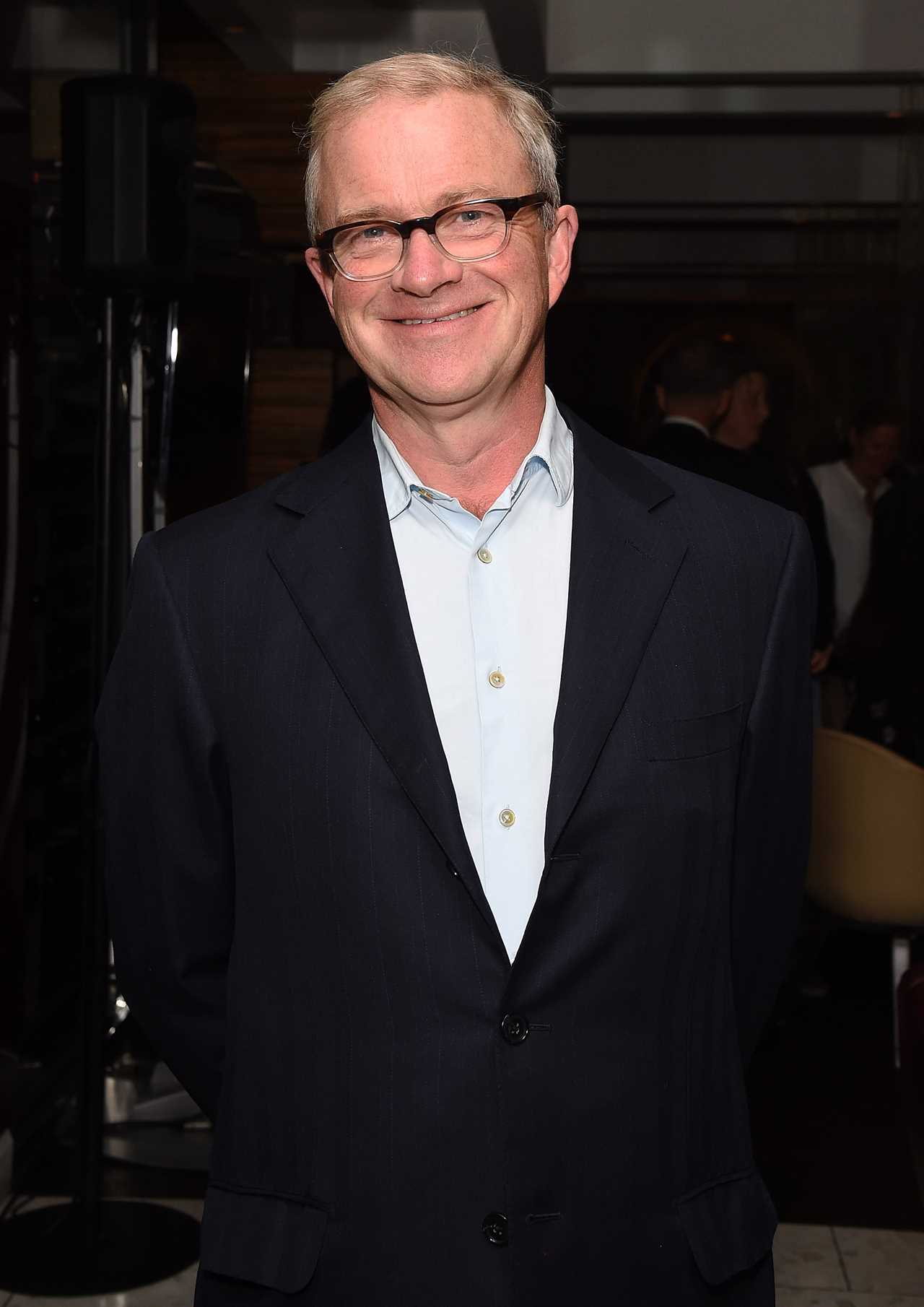CLUTCHING the US Open trophy, 18-year-old Emma Raducanu is being hailed as a role model for young people everywhere.
Even The Queen congratulated her with the message: “It is a remarkable achievement at such a young age, and testament to your hard work and dedication.”
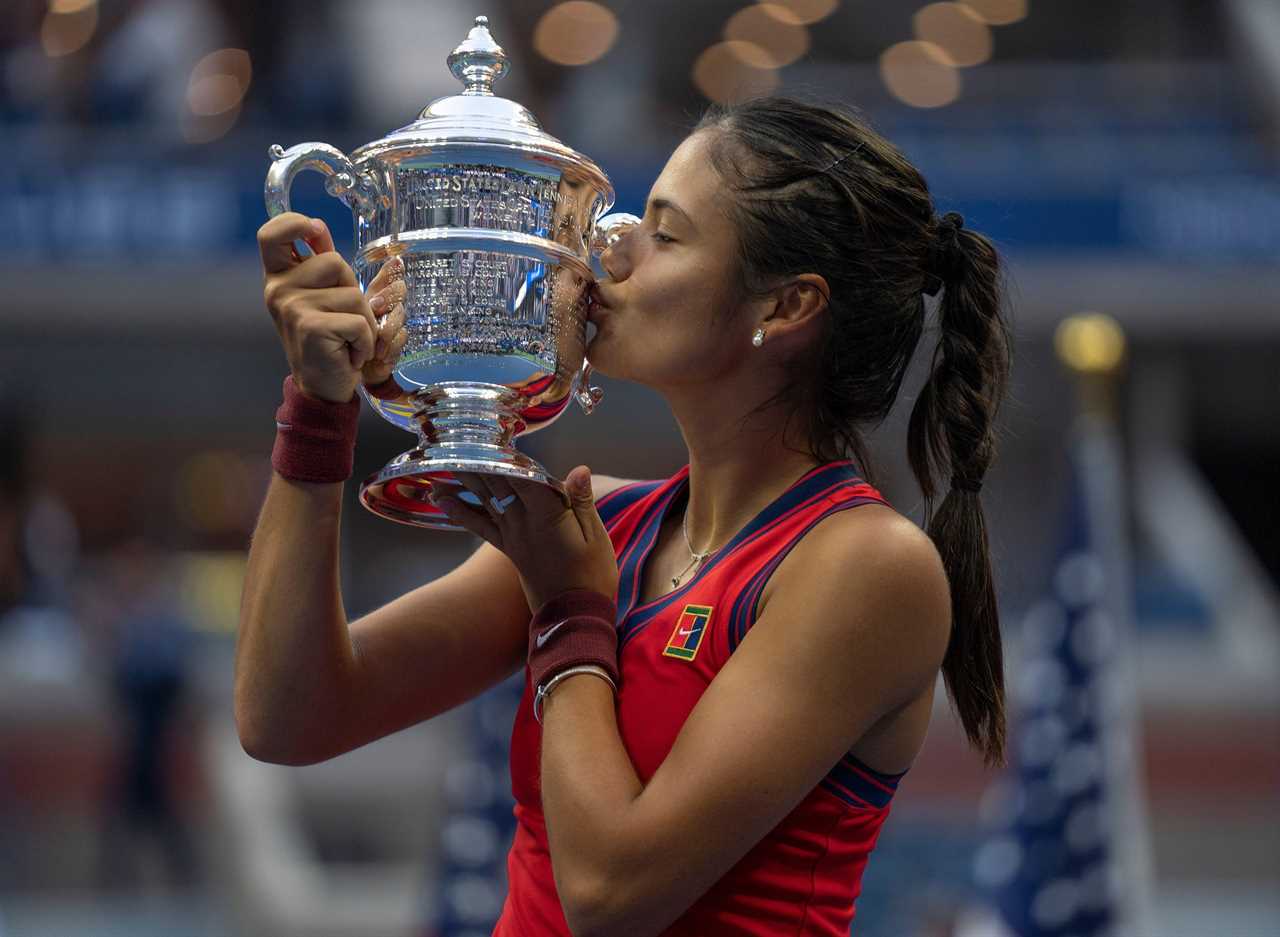
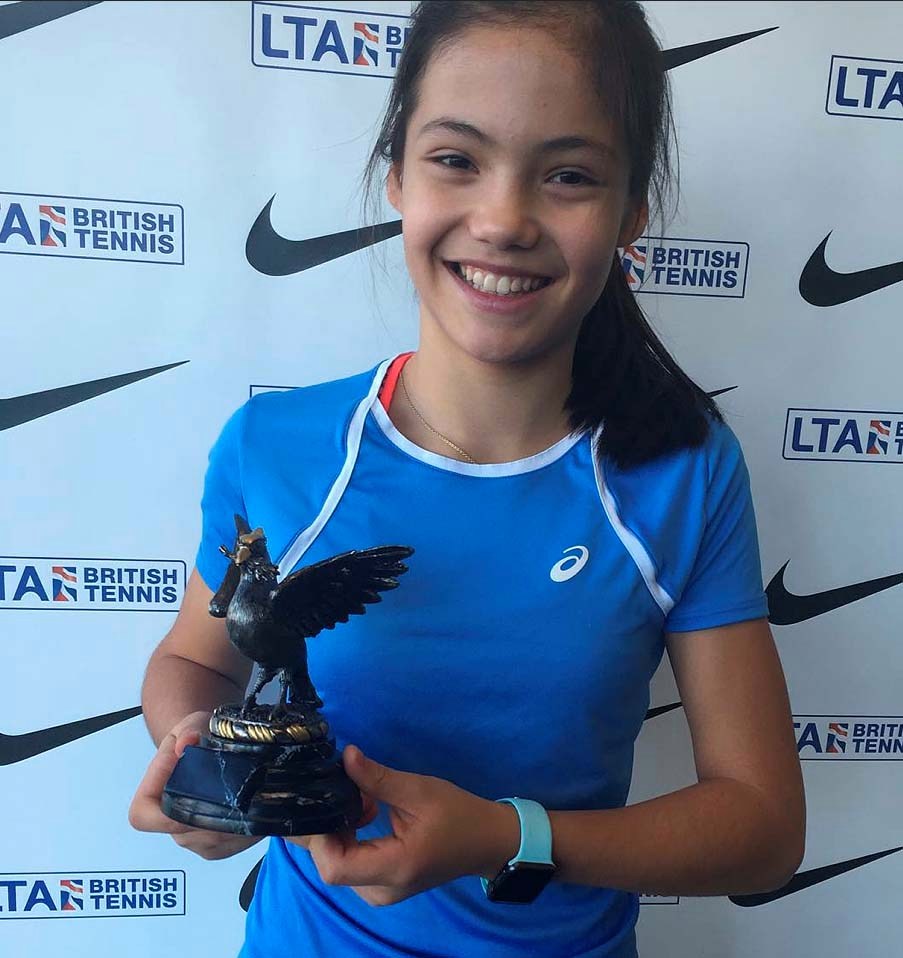
It is indeed. But it’s down to that little “something else” too.
In showbiz, it’s called “star quality”, and no amount of parental encouragement, hard work or dedication can fabricate it.
Similarly, only an elite few rise to the very top of their chosen sport and how/why they do it remains the subject of many a “nature v nurture” debate.
When I walked the dog the day after Emma’s win, the local tennis courts were packed with young kids being encouraged by trainers to hit the ball over, rather than into, the net while their doting parents looked for signs of their progeny becoming Wimbledon champion.
And the football pitches were similarly busy, with mostly primary age boys playing matches while their parents (predominantly dads) bellowed from the sidelines as if they were watching their favourite Premier League team in the FA Cup Final. I stood and watched for a while, and already, some of the kids are noticeably better than others.
Perhaps, as Malcolm Gladwell suggests in his book Outliers, they are the oldest in their school year and, thanks to being physically bigger, have already been picked out by the sports coach for extra training.
Or perhaps their parents are keen for them to excel in the sport and this is already their fourth training session this week. Who knows?
But if we could turn back time and put, say, seven-year-old Lionel Messi among them, he would make mincemeat of the lot.
That’s the thing about “elite” sport. You may be the best in your school, but if you move to county level there’s probably someone (or even a few) better than you and, narrowing it down even further, if you’re one of the small minority who get picked for development by a professional team then the competition is even fiercer.
One website says that only 180 from 1.5million youth footballers in the UK are likely to make it all the way to the Premier League — a success rate of 0.012 per cent.
And making it into the tennis big leagues is even more challenging, because it is an individual sport and, as a novice, you often have to pay for your own travel.
So was it nature or nurture that propelled Emma to victory? Or perhaps a mix of both, as well as the required desire, motivation, good coaching and ability to work even harder than your rivals do?
She says her Romanian dad, Ian, and Chinese mum, Renee, who both work in finance, nurtured her sporting prowess and were “pretty tough” when it came to developing her mental resilience. But there are plenty of parents who do that and their progeny doesn’t make the sporting big time.
When it comes to that “something else”, Emma’s former tennis coach, Harry Bushnell, says: “While she is only 18, it just feels like she has been here before and she was born to do it.”
Check out the footage of a young Messi on YouTube and it feels the same. Or, as one viewer put it: “I can assure you that this is not ordinary. This is some alien s**t.”
Religious or not, the phrase “God-given talent” springs to mind. And throughout history, there are only a tiny minority who have it.
But so what? Irrespective of the hours (or is it centuries?) we spend driving our kids to and from matches, encouraging them to take part in a sport can only be a good thing.
It aids fitness, teaches teamwork and, while they’re running around on a pitch and not glued to a screen, hallelujah.
The majority who display early promise will eventually get overtaken by others and perhaps carry on at hobby level. Some will give up their chosen sport altogether.
But a teensy minority will make it and, as long as that glimmer of hope remains, local parks and sports centres will be packed with kids hoping to become the Emmas and Lionels of tomorrow.
Ritzy yet so ditzy
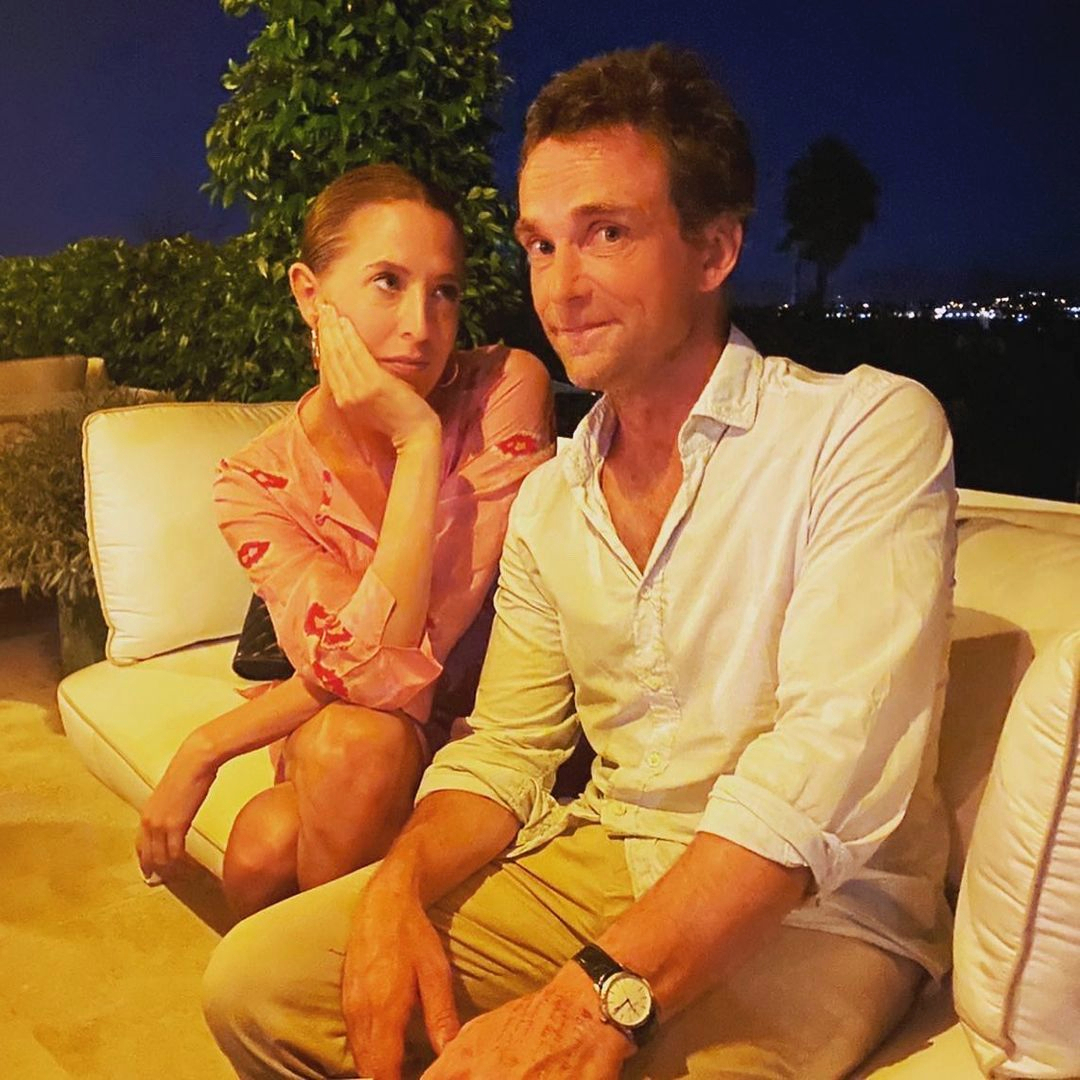
THE Duke and Duchess of Cambridge are part of what’s been dubbed the “turnip toff” set who live near their weekend retreat in Norfolk.
One of them is stately home dweller Ollie Birkbeck, who, in May 2018, married another stately home dweller called Laura Trenchard.
But now it seems the marriage is over and 48-year-old Ollie is expecting a baby with Sophia Hesketh, whose dad is a Lord and sold their family pile in Northamptonshire for £50million to a Russian oligarch. As you do.
Ollie says: “It’s a bit mad. We’re nervous – we looked at each other just now and wondered whether we really thought this through.
“We’ve got a nursery and we’ve hired some nice ladies to look after it.”
Posh people; they’re on another planet, aren’t they?
Flan Flinger’s first is just desserts for Kim
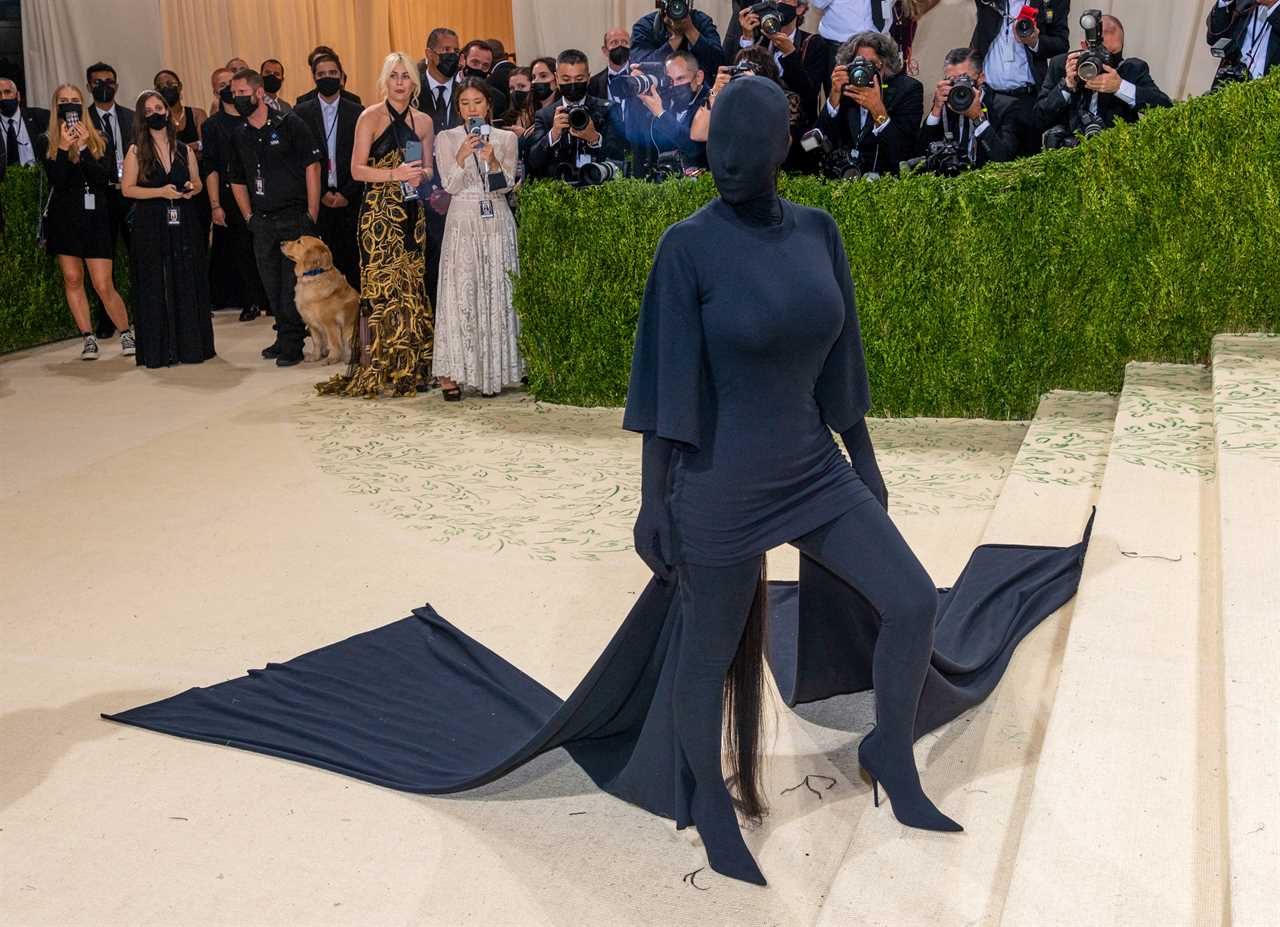
JUST as the women of Afghanistan are being forced back into burkhas by the Taliban and segregated from their male colleagues, Kim Kardashian turns up at the supposedly prestigious Met Gala wearing this creation by designer Balenciaga.
Each to their own and all that, but really?
An outfit suggestive of the enforced anonymity being inflicted on women by a brutal regime worn by the woman who has made millions by selling every last vestige of her privacy.
Perhaps it’s ironic.
Whatever, if it’s supposed to be a fashion statement then it’s old hat.
Tiswas’s Phantom Flan Flinger beat her to it in the early Eighties.

